If you remember, about 100 years ago in blog time, Eugene got lambasted all over the bloggernacle for his book, Angel Falling Softly, for various crimes from “not very spiritual” to “sacrilege” to calls for his excommunication or at the very least, pulling his temple recommend. Eugene’s tab did not fit into the proper slot.
A while back, I came across a blog I keep a little eye on and had commented just to clarify a point. Yesterday I noticed that “Anonymous” had chastised me for acknowledging that my book is filthy (it is) and for dropping the F-bomb in the first line of the story. The chastisement was something along the lines of, “You call that quality Mormon fiction?”
::gallic shrug::
Well, A) “quality” was used in terms of how well the book is designed by the publisher and how well it is constructed by Lightning Source and B) I don’t consider it Mormon fiction.
People have different tastes. Nice, sweet, nearly conflict-less LDS fiction wasn’t cutting the mustard for me with regard to sparkle and (dare I say it?) lust (which doesn’t have to be consummated, but could we acknowledge its existence?). Fiction by Mormon authors out in the wild might be my brand of wild but it’s short on philosophy and faith. Genre romance of any stripe, inspirational to erotica, suffers the same lack of one for the other, so it’s not us. It’s a general lack of crossover between faith and sex.
Slot B47c&&2kd existed, but there was no correlating Tab A47c&&2kd to put in it.
I, Random Reader, wanted my slot filled. I’ve been wanting it filled for a long time. And it remained empty, growing cobwebs. I wasn’t writing it, either, because I wanted to “get” published and you don’t “get” published with a mixture like that.
So I said, “Fuck it. I’ll write what I want.”
As far as I know, I only have 1 (count ’em, ONE) LDS reader who’s managed to get past the first page. That’s okay, too. I probably made a mistake in vaguely hoping I could find a small audience amongst my own who, like me, wanted something titillating and faith-affirming (er, maybe) at the same time. Or, at the very least, not anti.
What I didn’t expect was the positive reaction from non-members who found my portrayal of us as human and extremely fallible, struggling with matters of faith and sexuality, as sympathetic and relatable—and who found the addition of faith to these people’s lives just another layer of their personalities.
Eh, don’t get me wrong. Plenty of people haven’t liked it also, for various reasons including the politics and my prose style and the fact that my characters aren’t, well, very likable at times. But … I don’t like everybody else’s books, either, so no harm, no foul. Regardless of all that, though, who liked it, who didn’t, why or whatever, the fact of the matter was that for this consumer, the market had an empty slot. So I carved out my own tab. And lo and behold! I’m not the only one who liked the shape and size of that tab.
All the foregoing is to say that this past weekend, I was blessed to brainstorm projects with two religious types (one protestant, one Catholic and independent of each other) who also like the s(t)eamier side of genre romance. It doesn’t hurt that I love these two writers’ work already, but these two projects are so outside their creators’ norms AND they are outside of, well, everybody’s norms. And I love them for it. I would never have thought of these two ideas, but these ladies did and their tab fit my slot.
Now, ladies, hurry up and finish those things. I know this publisher, see …

 converging on the world at the same time, I have been forced to take a candid look at my resources and limitations with regard to A) putting my art out there to begin with and B) getting paid for it. It would seem to me that
converging on the world at the same time, I have been forced to take a candid look at my resources and limitations with regard to A) putting my art out there to begin with and B) getting paid for it. It would seem to me that 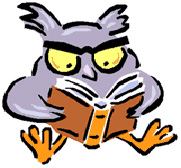 Every single day, something knocks on the door of my brain and says, “Why are you marketing to writers and industry people? Writers have their own projects and if publishers and agents wanted you, they’d’a said so when you were querying.” Every single day, I have the same epiphany:
Every single day, something knocks on the door of my brain and says, “Why are you marketing to writers and industry people? Writers have their own projects and if publishers and agents wanted you, they’d’a said so when you were querying.” Every single day, I have the same epiphany: Well, okay. Maybe I should just be grateful my (non-publishing) business has some income. The fact of the matter is, I invested in a leisure time industry (well, two, but that’s a different story). Right now, folks are trying to put gas in their cars to either get to work or get to job interviews. We’ve been extraordinarily lucky thus far, but those around us haven’t. If I think twice about buying a book or an e-book, it’s very likely others will, too.
Well, okay. Maybe I should just be grateful my (non-publishing) business has some income. The fact of the matter is, I invested in a leisure time industry (well, two, but that’s a different story). Right now, folks are trying to put gas in their cars to either get to work or get to job interviews. We’ve been extraordinarily lucky thus far, but those around us haven’t. If I think twice about buying a book or an e-book, it’s very likely others will, too.
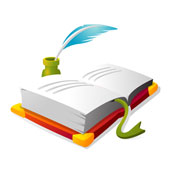 As an independent, I can be in this game for as long as I want; I have no restrictions other than whatever my resources allow. I can afford the time to wait out the economy, to build the backlist, to interact with a community of people who like my books.
As an independent, I can be in this game for as long as I want; I have no restrictions other than whatever my resources allow. I can afford the time to wait out the economy, to build the backlist, to interact with a community of people who like my books.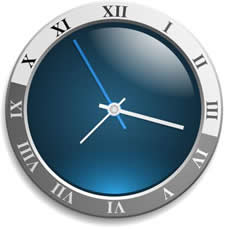
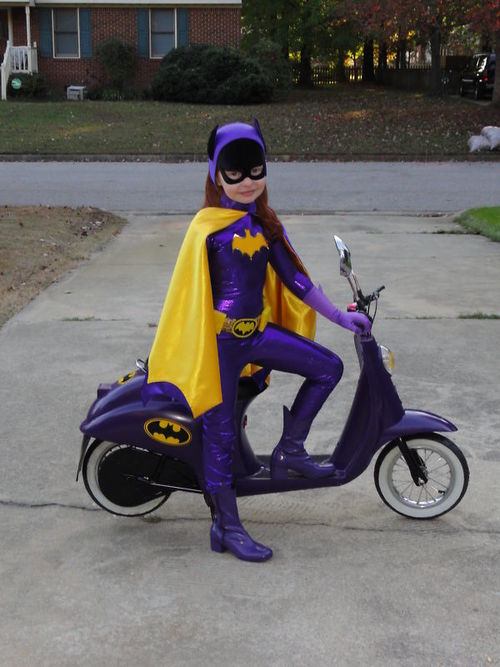 Hey, you know, lemme go back in time to my 7-year-old self and tell Little Miss Batgirl that. (Notwithstanding BatGIRL opens up a whole host of other topics and is problematic in itself.) He further digs his hole:
Hey, you know, lemme go back in time to my 7-year-old self and tell Little Miss Batgirl that. (Notwithstanding BatGIRL opens up a whole host of other topics and is problematic in itself.) He further digs his hole: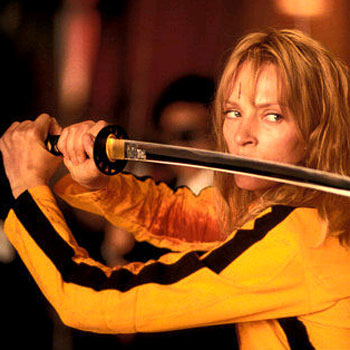 It’s the kick-ass heroine in urban fantasy. They don’t have a Batgirl or Wonder Woman outfit. They don’t have a golden lasso or an invisible plane. Sometimes they don’t come from a mysterious Other World. They have leather. They have a tramp stamp. They have guns or cross bows or daggers or swords or a combination. They prowl the streets looking for wrongs to right and bad guys who need an ass-whoopin’. Yes, yes, I hear Buffy’s name being screamed from the rooftops, but she’s not part of this discussion because …
It’s the kick-ass heroine in urban fantasy. They don’t have a Batgirl or Wonder Woman outfit. They don’t have a golden lasso or an invisible plane. Sometimes they don’t come from a mysterious Other World. They have leather. They have a tramp stamp. They have guns or cross bows or daggers or swords or a combination. They prowl the streets looking for wrongs to right and bad guys who need an ass-whoopin’. Yes, yes, I hear Buffy’s name being screamed from the rooftops, but she’s not part of this discussion because …
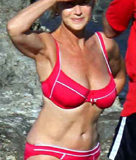
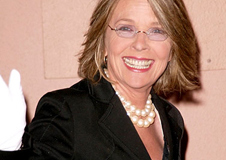
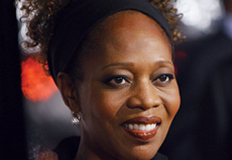
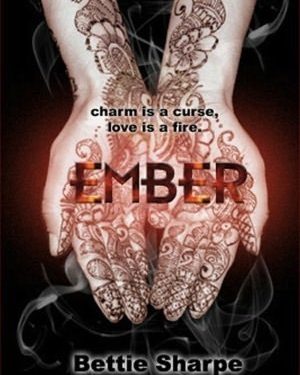 In my opinion, this is not so much a twisted fairy tale as an example of how to write. I won’t get into all the gush-deconstruction with various adjectives and superlatives because it’s been done ad nauseam (
In my opinion, this is not so much a twisted fairy tale as an example of how to write. I won’t get into all the gush-deconstruction with various adjectives and superlatives because it’s been done ad nauseam (